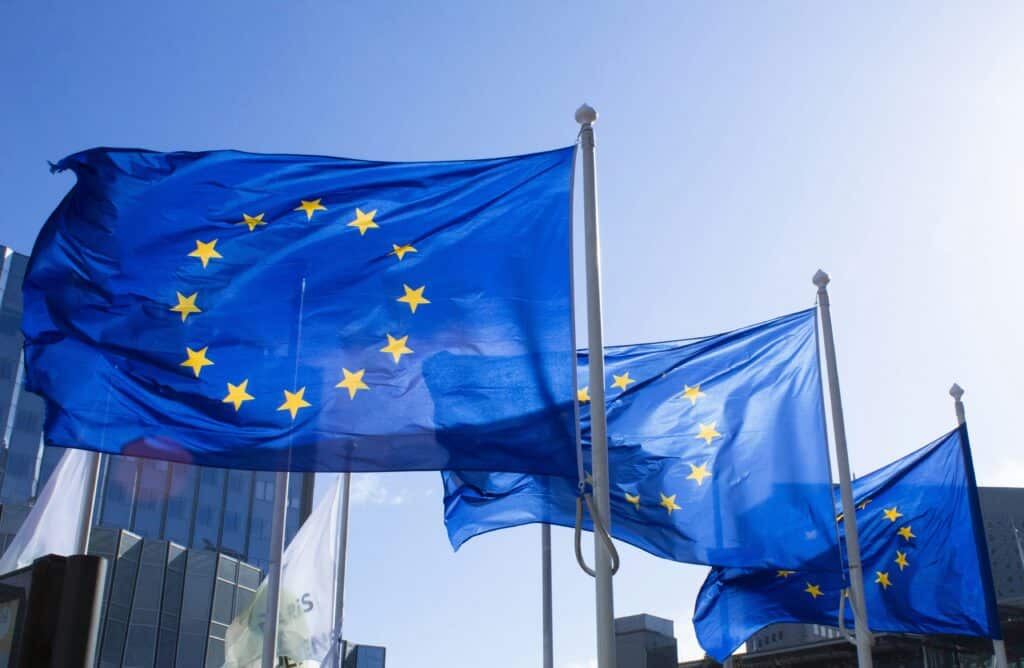Non-Personal Data in the Electricity Sector: a Key Asset for Private Companies and Public Authorities
The paper ”Non-Personal Data in the Electricity Sector: a Key Asset for Private Companies and Public Authorities” (Donne, A.) will be presented at the 11th FSR Annual Conference “From Data Spaces to Data Governance” (9-10 June, 2022).
Abstract:
Digitalisation of the energy sector require both creation and use of data. In particular, non-personal data are assets coveted by both private companies and public authorities in the electricity sector. Therefore, it raises questions on the governance of such data between the different stakeholders at hand.
The paper will study, from a legal perspective, why non-personal data are important for companies and how they can protect their data and how public authorities can get access to data to perform their tasks.
Data, an asset coveted by companies in the electricity sector
Data is not solely a business or operational requirement. Data is increasingly a legal requirement for the exercise of electricity activities (e.g prior to start operation to get a licence from public authorities, during the operation phase as part of reporting obligation to regulator). In addition, disclosure of data is also a voluntary requirement as part of soft law obligation (e.g to get funding from bank). In this regard, data is valuable for both the data producer but also third-party companies. Such value justifies B2B data sharing between the data producer and third parties. But it also explains why data producers are enticed to protect such key asset.
Data, an asset coveted by public authorities in the electricity sector
Similarly, access to and use of data is key in the conduct of public authorities’ tasks. Data can be used to monitor existing markets (role of “State as regulator” which imposes data reporting obligation, cybersecurity requirements). Data can also be used by public authorities to intervene into the market (role of “State as platform” which imposes obligation of publication for transparency purpose or mandate open data for reuse by any third party).
Research Design and Expected Results:
The research proposal will study, from a legal perspective, the governance of the data in the EU. The research focuses on non-personal data (i.e personal data are excluded) in the field of electricity (material scope). It studies the role of two main stakeholders in the governance of such data: private companies and public authorities (organic scope). Therefore, private law and public law source will be used. The geographical scope is centred around jurisdiction within the EU (EU law with application in French law, Dutch law or German law).
The expected result is to present a legal overview of the obligations and interests of private companies and public authorities and how this is shaping the governance of data, in the electricity sector, in the EU.






